Winesburg, Ohio
Winesburg, Ohio
A collection of related tales centered around a writer named George Willard and the stories told to him by the inhabitants of Winesburg, Ohio. With an introduction by Irving Howe.
Book Excerpt
ered a nervous breakdown, though in his memoirs he would elevate this into a moment of liberation in which he abandoned the sterility of commerce and turned to the rewards of literature. Nor was this, I believe, merely a deception on Anderson's part, since the breakdown painful as it surely was, did help precipitate a basic change in his life. At the age of 36, he left behind his business and moved to Chicago, becoming one of the rebellious writers and cultural bohemians in the group that has since come to be called the "Chicago Renaissance." Anderson soon adopted the posture of a free, liberated spirit, and like many writers of the time, he presented him- self as a sardonic critic of American provincialism and materialism. It was in the freedom of the city, in its readiness to put up with deviant styles of life, that Anderson found the strength to settle accounts with--but also to release his affection for--the world of small-town America. The dream of an uncondi- tional personal freedom, that hazy American
Editor's choice
(view all)Popular books in Fiction and Literature, Short Story Collection
Readers reviews
5.0
LoginSign up
Several years ago I had the opportunity to stop in Clyde, Ohio. I assumed there would be a museum to Sherwood Anderson in his home town as this is often the case with small towns which produce great authors. Upon asking a local for it's location I was informed that there was no such museum. The individual I spoke to stated that Mr. Anderson was not popular in Clyde because of the "Anderson curse". Apparently residents of Clyde felt Mr. Anderson had given his hometown a bad name and left him as he left the town. She further related that her neighbor had the great misfortune to have a child who had succumbed to cancer and upon the child's demise the grandmother of the child referred to it as due to the "Anderson curse". Anderson is not a hero in Clyde.
I first read the book in high school and reread it later. The strength of Winesburg is in character development and the presentation of the unhappy, lonely, narrow minded and isolated people of the town. This is especially true of the protagonist Mr. Willard who seems among the most unhappy. Some speak of the psychological nature of the stories as opposed to the traditional plot development. A collection of related short stories rather than a novel Winesburg is well worth the read. Many have called it a masterwork.
I first read the book in high school and reread it later. The strength of Winesburg is in character development and the presentation of the unhappy, lonely, narrow minded and isolated people of the town. This is especially true of the protagonist Mr. Willard who seems among the most unhappy. Some speak of the psychological nature of the stories as opposed to the traditional plot development. A collection of related short stories rather than a novel Winesburg is well worth the read. Many have called it a masterwork.
- Upvote (0)
- Downvote (0)
A masterpiece of complex psychological vignettes giving you a peek at people living in small-town Midwest USA (supposedly set in Clyde, Ohio), their petty thinking, their insecurities, their dreams, their loneliness and their generosity. Each little story in this volume confirms Anderson's place as (probably) the greatest short story writer in America. Anderson has supposedly influenced many American writers including Ernest Hemingway, William Faulkner, Thomas Wolfe, John Steinbeck, Erskine Caldwell and others.
Even though it is a collection of short stories, there are several characters that keep reappearing, giving it the flavor of a longer novel.
Even though it is a collection of short stories, there are several characters that keep reappearing, giving it the flavor of a longer novel.
07/09/2009
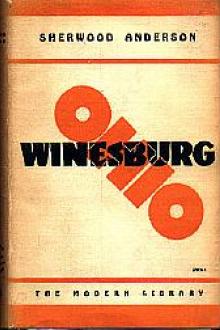
 Free Download
Free Download






















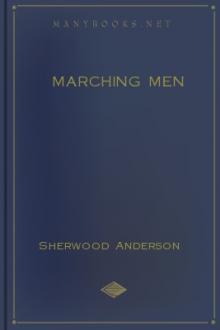
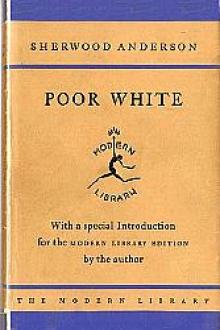
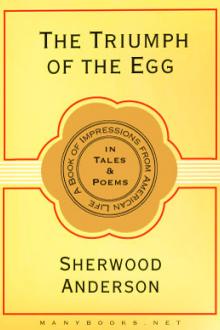
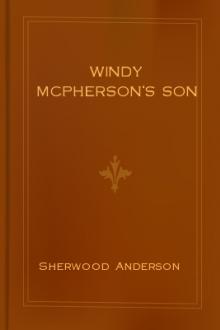

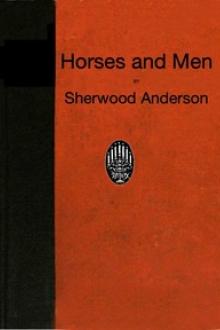
-itok=vcKIB5v1.jpg)